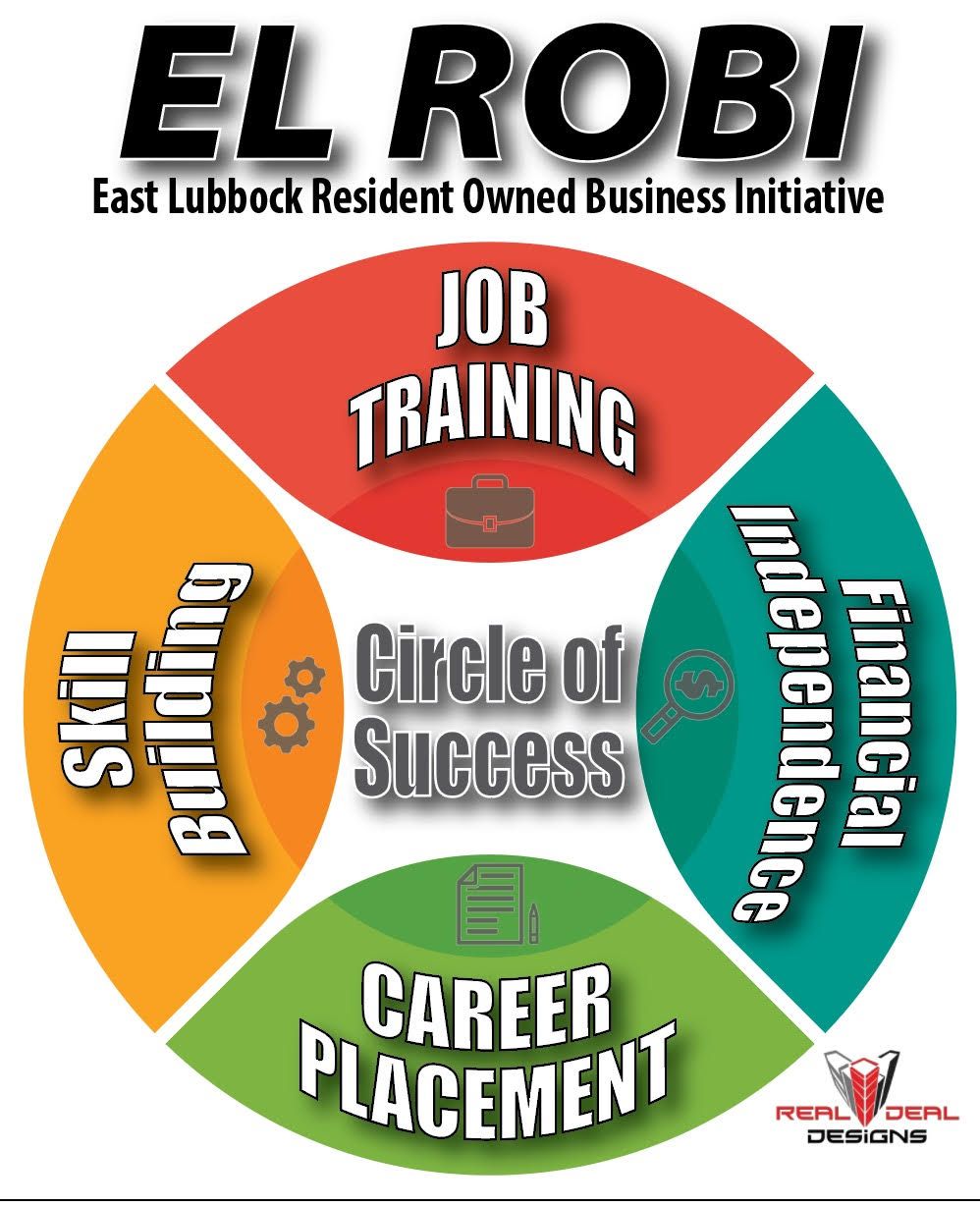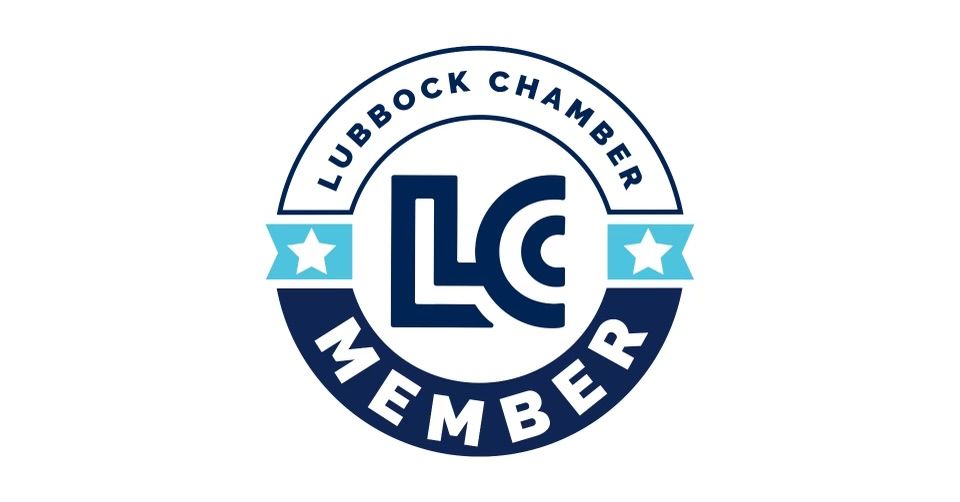Our Curriculum
Training Curriculum
To ensure an effective curriculum, students will learn basic occupational skills and job readiness (soft) skills, specifically tailored to the workforce needs of their selected trade industry. Students will learn how to apply basic industrial math to carry out everyday tasks, take measurements using various formulas and methods, exercise industrial safety practices and learn how to use different types of hand tools and specialized equipment.
Students will be able to select a skilled trade track from one of the following industries:
HVAC, Electrical, Plumbing, Pipe-Fitting/Welding, & Sheet Metal
HVAC Technicians Responsibilities
Installing, maintaining, and repairing ventilation and air conditioning systems and equipment. Identifying maintenance risks on equipment. Diagnosing electrical and mechanical faults for HVAC systems. Cleaning, adjusting, and repairing systems, and performing warranty services.
Electrical Technicians Responsibilities
Electricians install, maintain, and repair electrical power, communications, lighting, and control systems in homes, businesses, and factories.
Plumbing Technicians Responsibilities
Plumbers assemble, install and repair water, gas, and other piping systems in homes, businesses, and factories. They install plumbing fixtures, such as bathtubs and toilets, and appliances, such as dishwashers and water heaters. They clean drains, remove obstructions, and repair or replace broken pipes and fixtures.
Pipe-Fitting/Welding Technician Responsibilities
Lay-out, assemble, install, or maintain pipe systems, pipe supports, or related hydraulic or pneumatic equipment for steam, hot water, heating, cooling, lubricating, sprinkling, or industrial production or processing systems. Set up, operate, or tend welding, soldering, or brazing machines or robots that weld, braze, solder, or heat treat metal products, components, or assemblies. Includes workers who operate laser cutters or laser-beam machines.
Sheet Metal Technician Responsibilities
Sheet Metal Workers Fabricate, assemble, install, and repair sheet metal products and equipment, such as ducts, control boxes, drainpipes, and furnace casings. Work may involve any of the following: setting up and operating fabricating machines to cut, bend, and straighten sheet metal; shaping metal over anvils, blocks, or forms using hammer; operating soldering and welding equipment to join sheet metal parts; or inspecting, assembling, and smoothing seams and joints of burred surfaces. Includes sheet metal duct installers who install prefabricated sheet metal ducts used for heating, air conditioning, or other purposes.
All Pre-Apprenticship classes are held twice a week on Tuedays & Thursdays from 6pm-8pm.
The classes will go from February – October.
Industrial Safety: This course provides an overview of safe work for the construction industry. Students learn about OSHA, common job site hazards and preventative measures, personal protective equipment and its uses, scaffold and ladder safety, fall protection, confined spaces, alarms and evacuation procedures. Students practice safe use of tools and proper lifting and carrying of materials.
Introduction Into the Trades: This is an introduction to basic practices and completion of minor repairs in a specific (HVAC, Plumbing, Electrical, and Landscaping) trade. Exposure to tools, safety, materials, codes, and career opportunities will be explored. This course does not require any previous knowledge or skill in the trades and open successful completion students may acquire points to selection in a specific trade apprentice program.
Employment Readiness: This course prepares students for employment in the building trades, with an emphasis on employer expectations. Students learn about the nature of construction work, drug testing practices, expected work ethic, and the importance of showing up to work and being punctual. Students complete a construction readiness assessment and develop a plan to meet employment requirements, such as having a drivers license, and reliable transportation.
Job Search and Interview Skills: This course teaches students about job search techniques and skills in preparation for finding employment in the trade(s). Students learn about the different procedures for applying for apprenticeships and jobs, complete applications and prepare a resume listing relevant work experience, practice interviewing, and track career exploration activities.
Personal Finance: Peer-to-peer financial coaching through Texas Tech students. They provide individual coaching sessions and group presentations on topics such as creating spending plans, the importance of starting to save early, maximizing financial aid, how to choose employee benefits and establishing and wisely using credit. Its purpose is to empower students so that they can achieve their financial goals.

